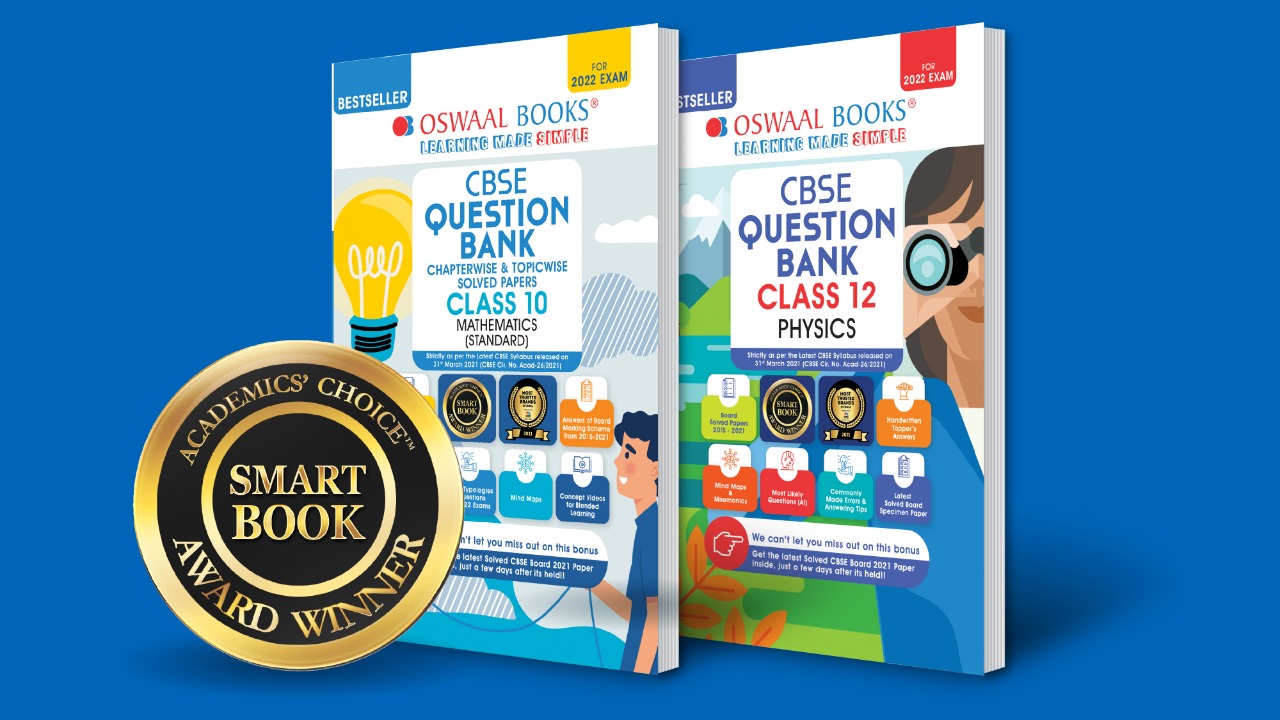Cracking the Code – Essential Preparation Strategy for UPSC Exam
The UPSC (Union Public Service Commission) exam is regarded as one of India’s most difficult exams, attracting numerous aspirants each year. It offers an opportunity to attain some of the nation’s most prestigious and challenging jobs. However, passing this exam necessitates more than just hard work and dedication.
Preparing successfully for the UPSC exam requires a well-planned and organized approach that involves understanding both the syllabus and examination pattern thoroughly. In addition to this, it is also important to meet the eligibility criteria for UPSC 2023.
This article outlines vital tips and strategies that can assist aspirants in preparing effectively for this rigorous test, whether they are first-time candidates or have attempted it before. By adopting these guidelines, individuals can optimize their preparation process to increase their chances of success while minimizing stress levels during this period.
| Table of Contents |
|
Choosing the right study material Managing stress and staying motivated
|
Understanding the UPSC exam
It is crucial to clearly understand the UPSC exam and its format before beginning your preparations. The examination comprises three stages: Prelims, Mains, and Interviews. During the Prelims stage, two objective-type papers are conducted – General Studies (Paper I) and Civil Services Aptitude Test (CSAT) (Paper II).
Moving on to Mains, nine papers are conducted, including qualifying English & Indian Language paper(s), four General Studies papers, and optional ones. Finally comes the last stage of UPSC, which involves an interview process.
Preparation Strategies
Planning your preparation
Effective planning is crucial for those wishing to succeed in the UPSC exam, and candidates must develop a feasible and comprehensive plan to increase their chances of success. Initially, it’s important to scrutinize the syllabus and the examination pattern meticulously to comprehend the magnitude and complexity of this test. Aspirants should then fragmentize the curriculum into more manageable sub-topics while prioritizing them based on their significance and difficulty level.
Creating a study schedule
Once the plan is ready, aspirants should create a study schedule. The study schedule should include the topics to be covered, the time allotted for each topic, and breaks. Aspirants should follow the study schedule strictly and avoid procrastination.
Choosing the right study material
Choosing the right study material is crucial for UPSC exam preparation. Aspirants should refer to standard books, NCERT textbooks, and newspapers for current affairs. Aspirants can also join coaching institutes or online courses for guidance.
Remembering the eligibility criteria for UPSC 2023 while preparing for the exam is important. Candidates must ensure they meet all the necessary requirements, such as age limit, educational qualifications, and nationality, before applying for the exam to avoid any disqualification issues later on.
Focus on conceptual clarity
The UPSC examination assesses aspirants’ grasp of concepts rather than their rote memorization abilities. Therefore, candidates must prioritize conceptual clarity in their studies. This entails understanding the fundamental theories and principles that underlie each topic instead of simply committing information to memory.
Aspiring test-takers should begin by reading up on these concepts and theories extensively to develop a firm grip on them. In addition to this theoretical grounding, they can visualize how these ideas relate to real-life situations or scenarios. Another effective method involves solving practical problems related directly to the given topics – this will give students a clearer sense of how they may be applied in practice.
Practicing answer writing
Composing responses is a crucial aspect of getting ready for the UPSC test. Aspirants should practice answering writing regularly to improve their writing skills and time management. They should also analyze their answers and get feedback from mentors or peers.
Revision and self-evaluation
It is important to revise to remember the material and get ready for the test. Aspirants should revise regularly and make notes for quick revision. Self-evaluation is also important to track progress and identify areas for improvement.
Managing stress and staying motivated
Getting ready for the UPSC test can be a daunting task, and it’s typical for candidates to feel tense and uneasy throughout their preparation. To effectively cope with stress, individuals striving to succeed in this exam could attempt different approaches like practicing yoga, meditating, or engaging in physical exercise.
These practices may help them unwind and alleviate pressure. Additionally, aspirants might consider taking brief intervals between study sessions to engage in pleasurable activities that will renew their minds.
Conclusion
In conclusion, cracking the UPSC exam requires a well-planned strategy, consistent effort, and a friendly mindset. Aspirants should focus on developing conceptual clarity while being friendly to themselves in their journey toward success. Practicing answer writing becomes easier when one maintains a positive and supportive attitude toward oneself.
Staying updated with current affairs can be enjoyable by approaching it from an angle of curiosity rather than pressure or stress. They should also manage stress effectively by seeking help from loved ones or available professional resources and stay motivated throughout the preparation with kindness to themselves as they work hard for their dreams of becoming civil servants.
It is also important to meet the UPSC CSE 2023 eligibility criteria, which include age limit, educational qualifications, and nationality. Aspirants should thoroughly read and understand the eligibility criteria before applying for the exam. With the right approach coupled with friendliness toward themselves, aspirants can crack the UPSC exam successfully!
FAQs
- What is the average duration required to prepare for the UPSC exam?
The duration of UPSC exam preparation depends on individual abilities and dedication. On average, it takes 1-2 years to prepare for the UPSC exam.
- Is coaching necessary for UPSC exam preparation?
Coaching is optional for UPSC exam preparation, but it can provide guidance and a structured approach to preparation. However, self-study is also a viable option for those who cannot afford to coach or prefer to study on their own.
- How important are current affairs in UPSC exam preparation?
Current affairs are integral to UPSC exam preparation, as questions about current events are asked in both Prelims and Mains. Aspirants should stay updated with national and international news and events.
- Is it necessary to read all NCERT textbooks for UPSC exam preparation?
NCERT textbooks are essential for UPSC exam preparation, especially for subjects like History, Geography, and Economics. However, it is optional to read all NCERT textbooks, and aspirants can select relevant books based on the syllabus.
- How can one improve answer writing skills for the UPSC exam?
Answer writing skills can be improved by regular practice, analyzing previous year’s question papers, getting feedback from mentors or peers, and following a structured approach to writing.


















